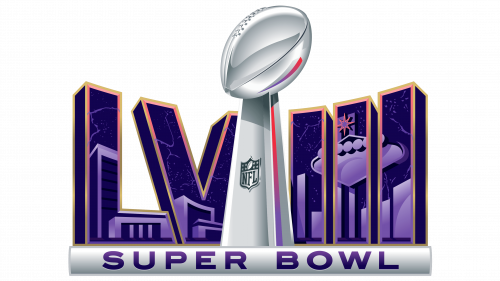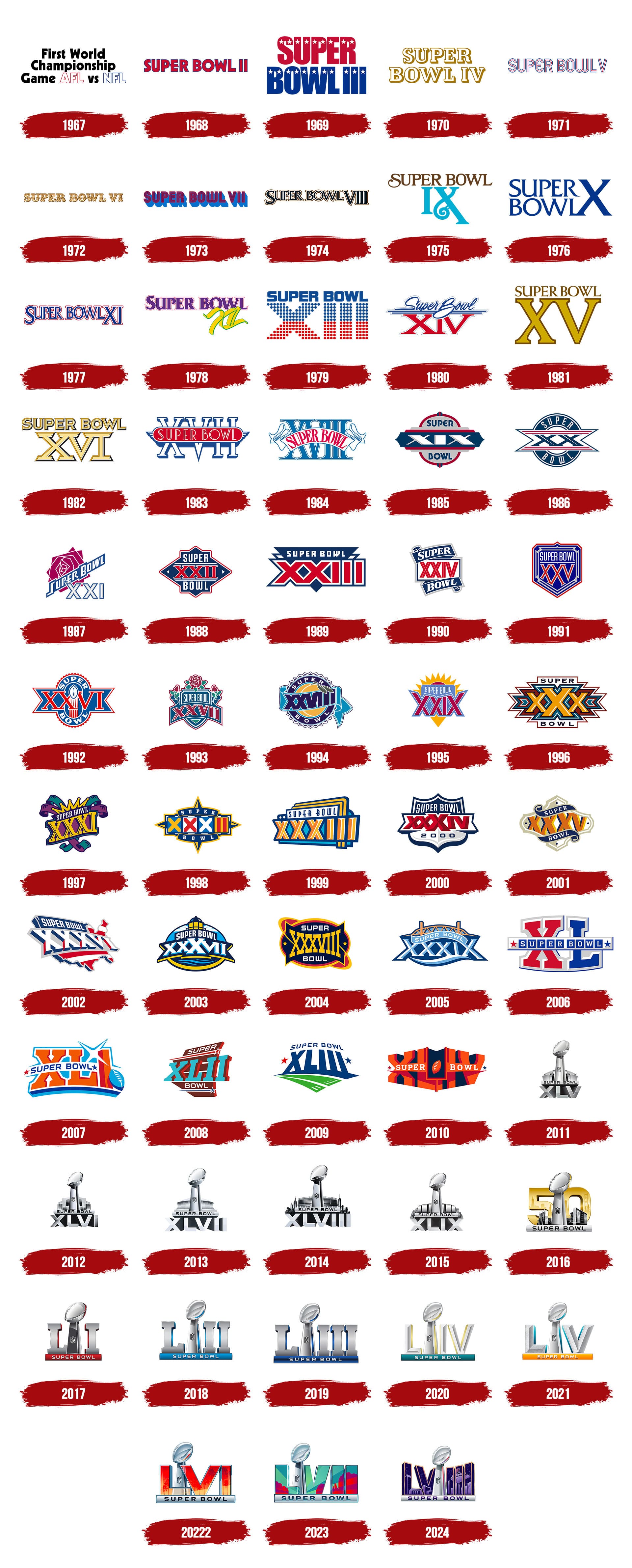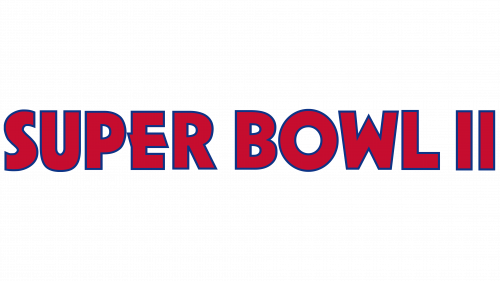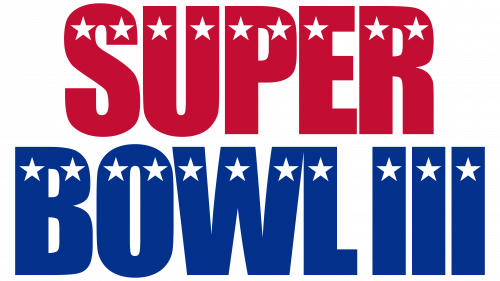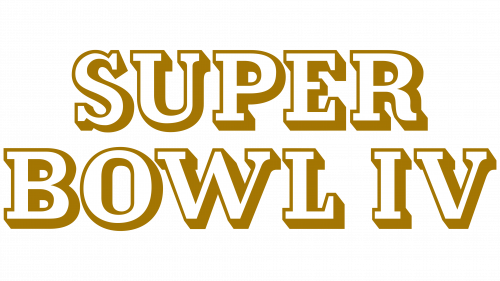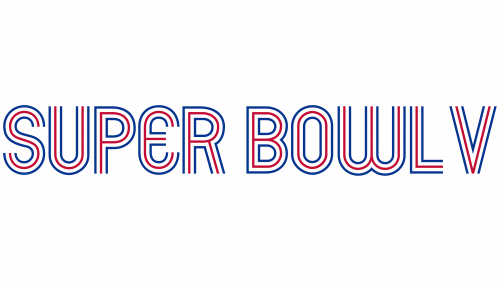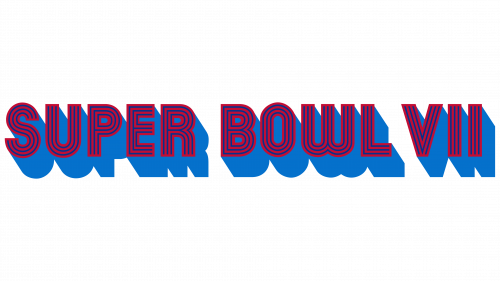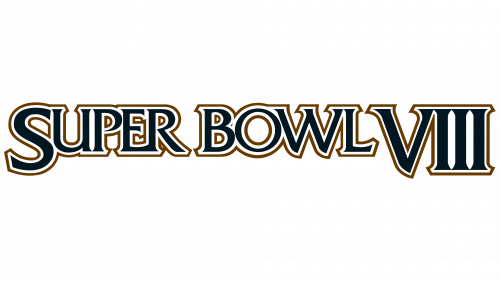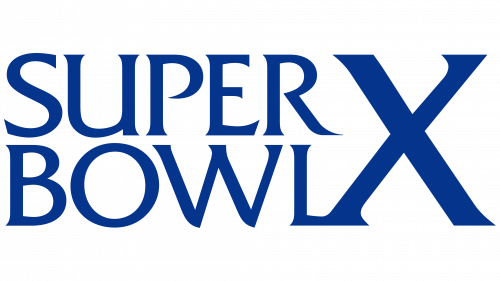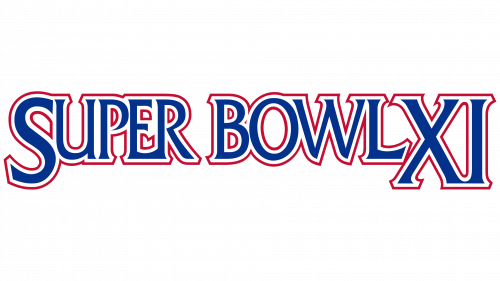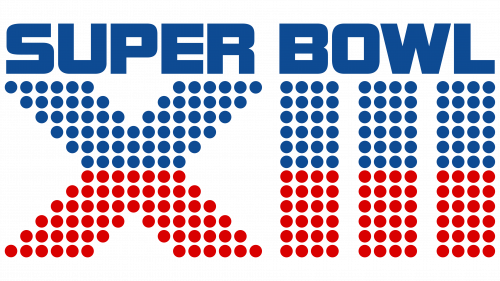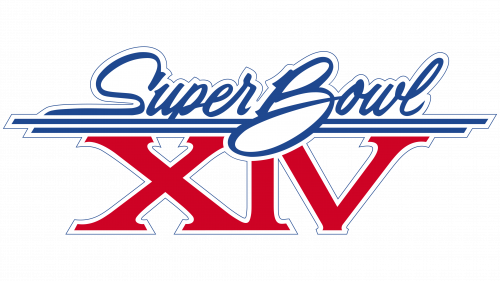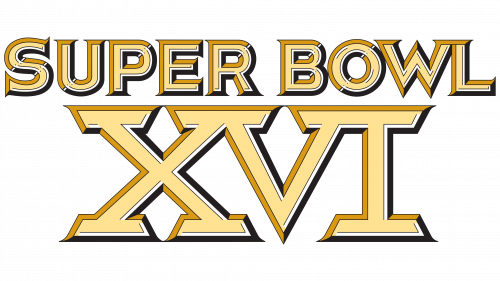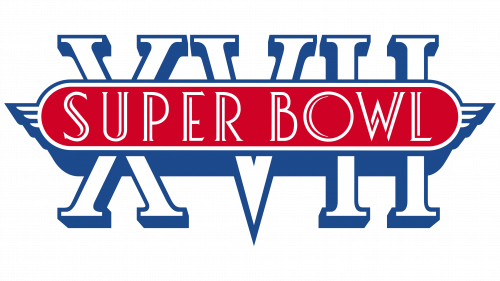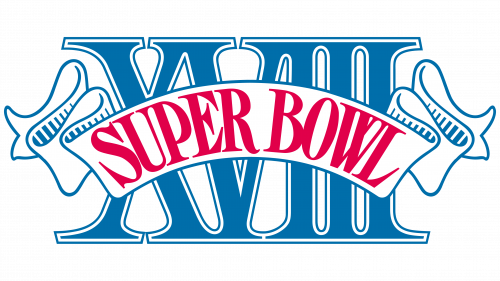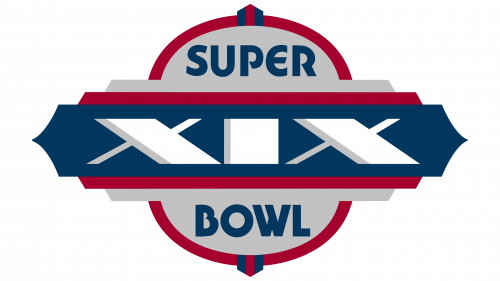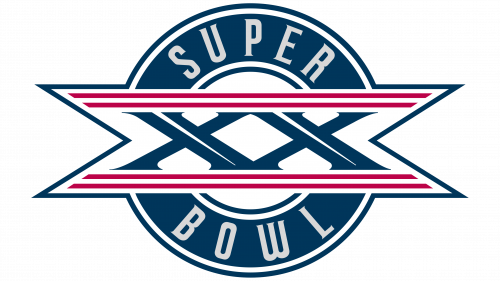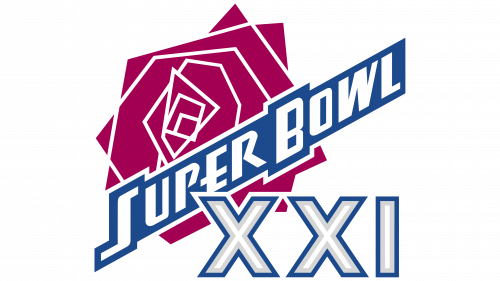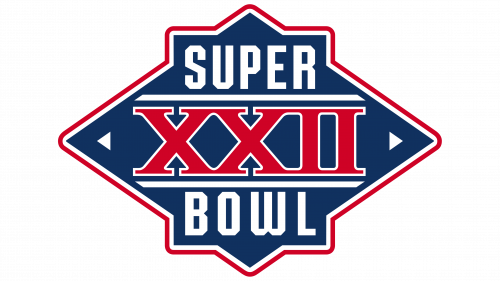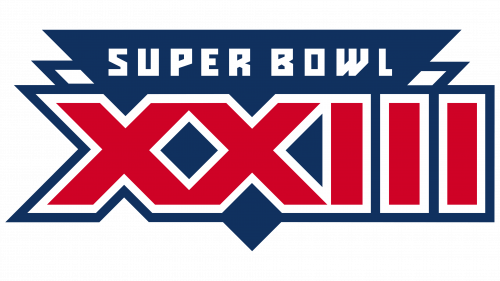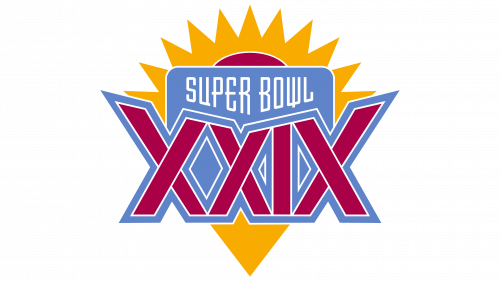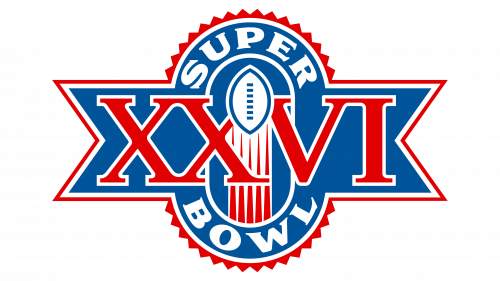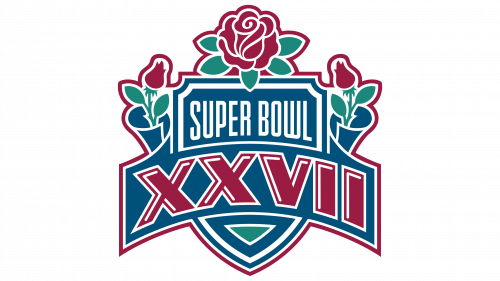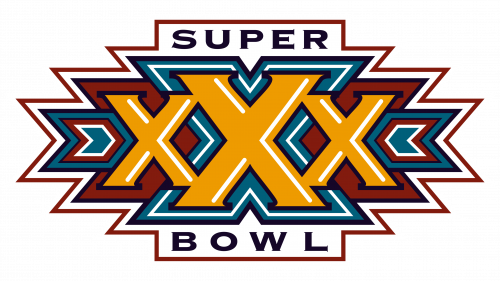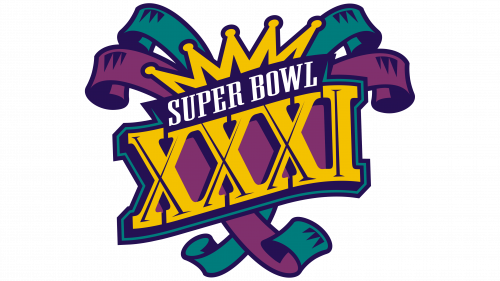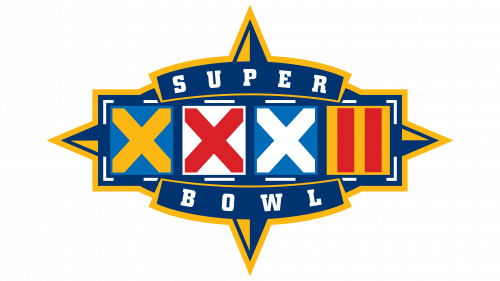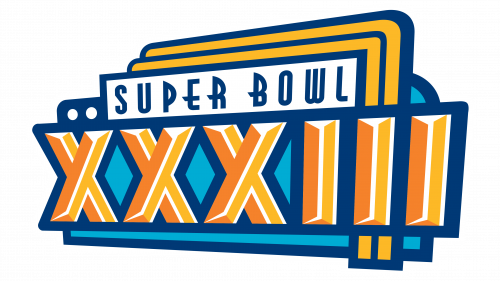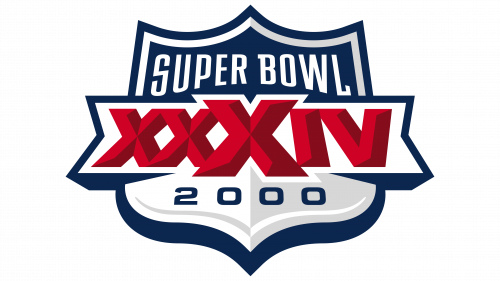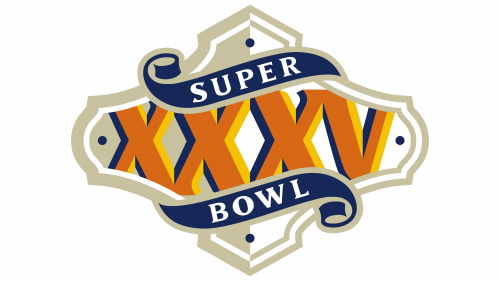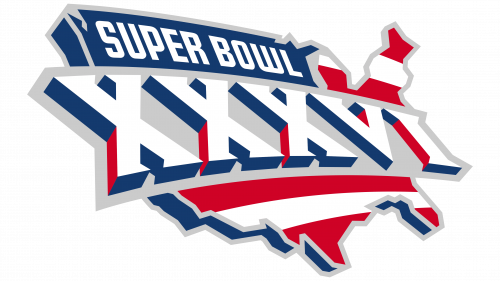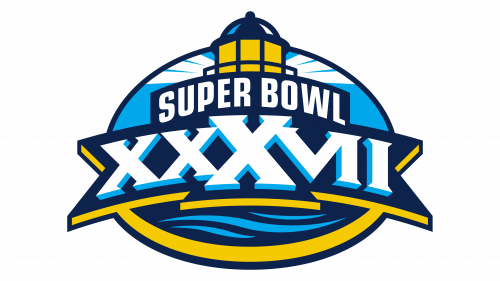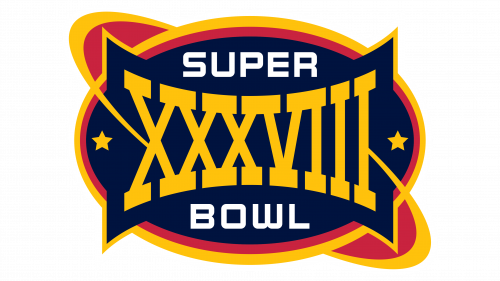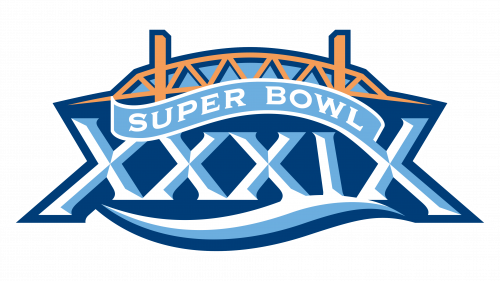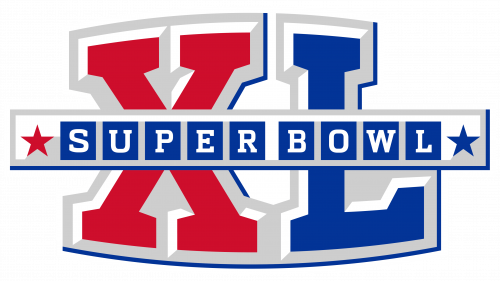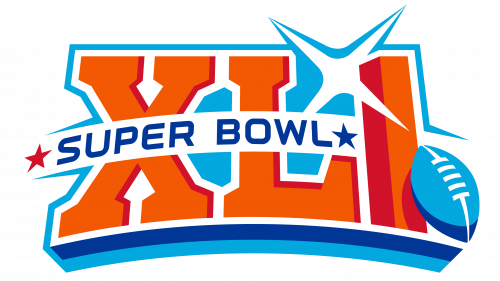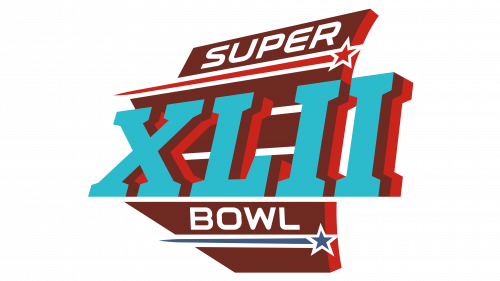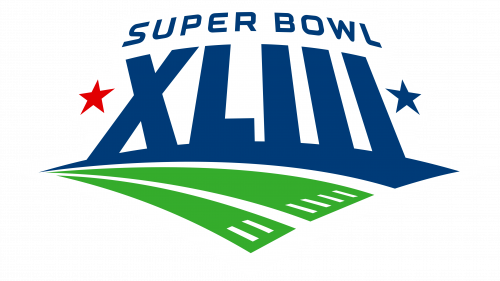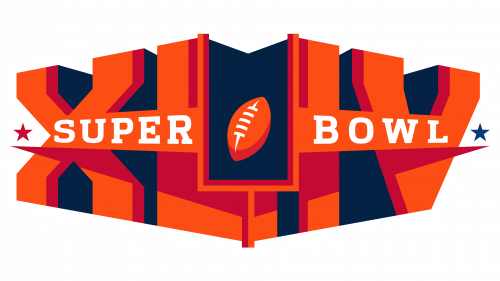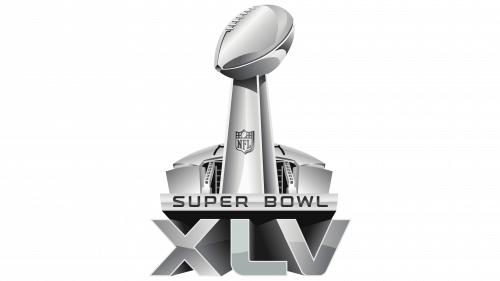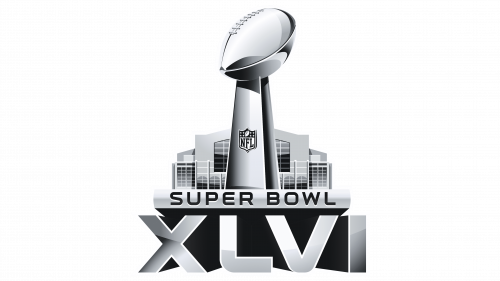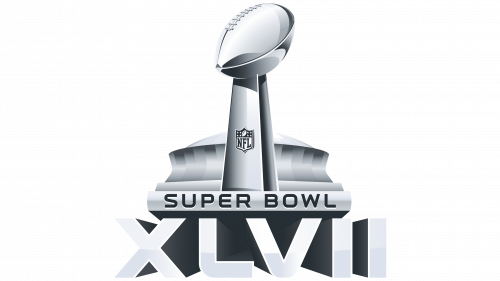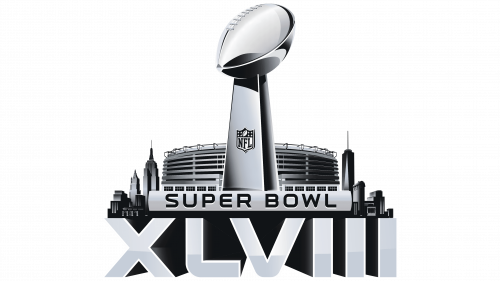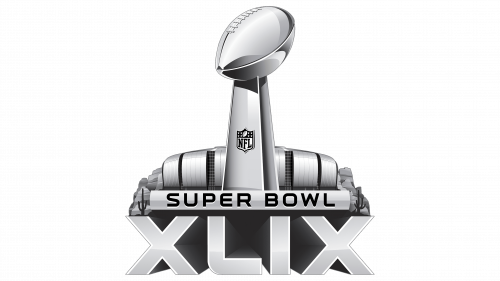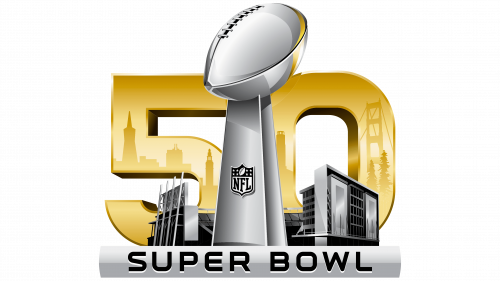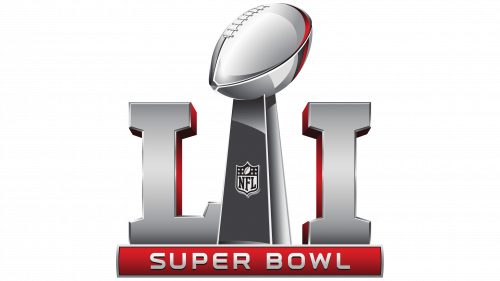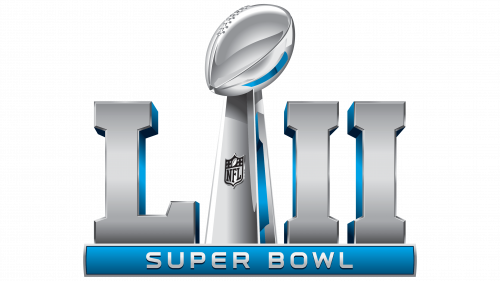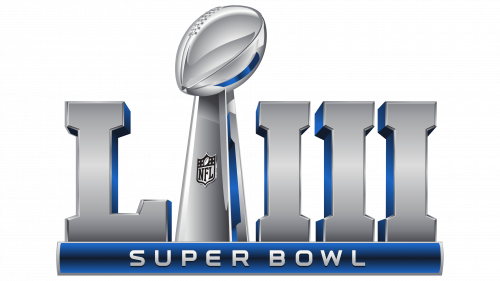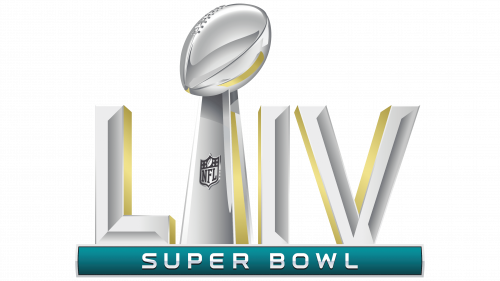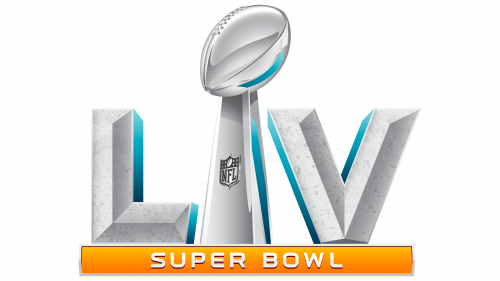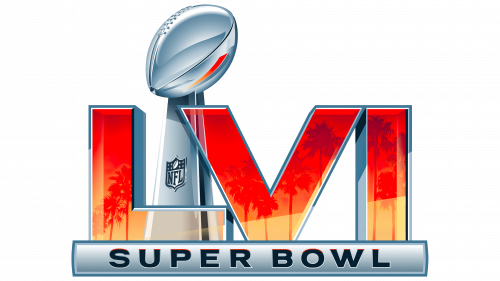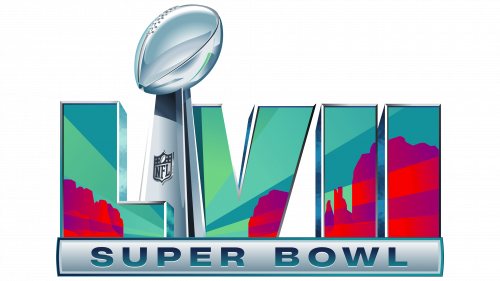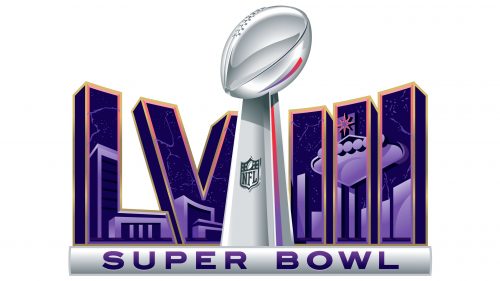The Super Bowl logo for LVIII is set to captivate as the event takes place in Las Vegas. With Roman numerals designed to appear as reflective surfaces, the emblem incorporates iconic elements of Vegas. The numerals form a semi-circle reminiscent of architectural marvels like Wynn Las Vegas or Bellagio. A silver pedestal with a football sits at the center, separating “LV” from “III,” making the first two signs resemble an abbreviation.
The reflective surfaces on the numerals capture the essence of Las Vegas, a city known for its dazzling lights and high-energy atmosphere. Reflections in this context signify the glitz and glamour that Vegas offers, from its lavish hotels to its bustling casinos. Incorporating the iconic Vegas symbol with a large rhombus, an eight-pointed star, and seven small circles adds a layer of complexity to the design, anchoring it firmly to its location. These elements are part of the city’s vibrant nightlife and entertainment scenes.
The semi-circular arrangement of the numerals serves a dual purpose. First, it alludes to the architectural wonders of Las Vegas, famous for its ambitious and extravagant structures. Second, the arrangement creates a sense of depth, as if the numerals are receding into the distance. This gives the logo a dynamic, three-dimensional feel, immediately capturing the spectator’s attention.
The silver pedestal holding the football is pivotal to the logo’s design. It not only separates the Roman numerals but also places the sport at the center of the festivities. Silver is associated with sophistication and modernity; the pedestal embodies these attributes. The choice of silver highlights the event’s prestige, differentiating it from any ordinary sporting event.
Super Bowl’s emblem for LVIII does not simply serve as a marker for the event; it is an amalgamation of design elements that resonate with the spirit of the game and the hosting city. Through its intricate design choices, the logo tells a story of an event that is not merely a sports championship but a cultural phenomenon. It encapsulates the very ethos of Las Vegas and the grandeur of one of the most-watched sports events globally. It beckons to an audience, promising a game and an experience as multifaceted and dynamic as the city it represents.
Super Bowl: Brand overview
| Founded: | January 15, 1967 |
| Founder: | NFL and AFL |
| Headquarters: | USA |
The Super Bowl began in 1967 due to the union between the NFL and AFL. The inaugural championship game occurred on January 15, 1967, at the Los Angeles Memorial Coliseum. During this event, the Green Bay Packers from the NFL bested the Kansas City Chiefs from the AFL with a score of 35-10.
The NFL and the Super Bowl experienced surges in public attention throughout the next ten years. Significant developments in this period include the undefeated season of the 1972 Miami Dolphins and the rise of the Pittsburgh Steelers as a football powerhouse in the same decade.
During the late 20th century, specifically the 1980s and 1990s, the Super Bowl transcended sports to become a significant part of American culture. The advertisements aired during the game became events unto themselves, gaining large followings. Musical performances at halftime shows also took center stage, attracting big-name artists. The number of viewers commonly broke the 90-million mark.
The Super Bowl still holds the title of the most-watched yearly sporting event in the United States. The 57th rendition, Super Bowl LVII, is part of the 2023 calendar. The event has cemented its place as not just an NFL championship game but as an influential aspect of American entertainment and culture.
